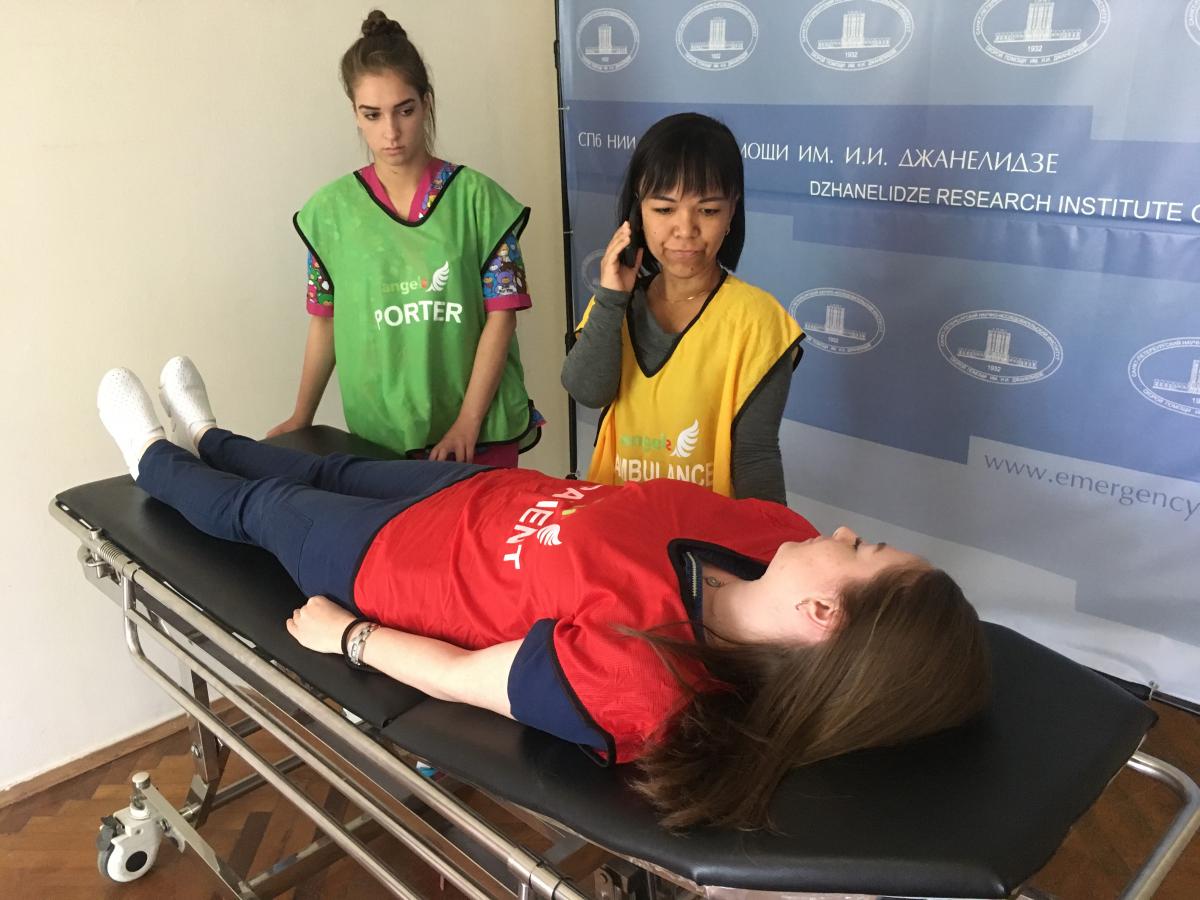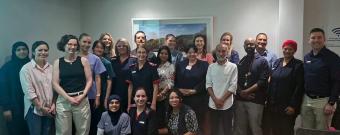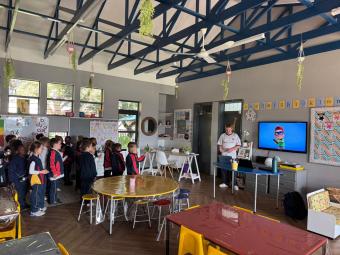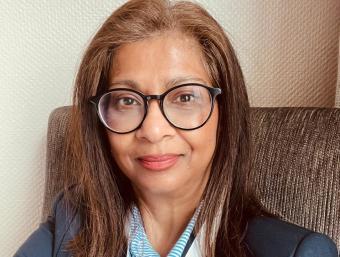Angels Europe Project Lead JAN VAN DER MERWE recaps a lesson from naval history.

I recently read an interesting story about a sea captain called James Lancaster who captained a ship in the English Royal fleet around the year 1601. His ship was one of four that were destined for India to trade on behalf of England. Unfortunately, this was a disastrous voyage as almost half of the sailors died due to scurvy.
Interestingly, not one of the 110 sailors who died was on board Captain Lancaster’s ship. The reason for all this exceptional survival rate was tthat every morning Capt. Lancaster would line up all his sailors and force them to each drink three spoonfuls of lemon juice.
Now one might think that this quasi clinical trial with its rather remarkable effect would have been immediately adopted throughout the English royal fleet to ensure that this disaster didn’t repeat itself on other voyages. But in fact it took the English fleet nearly 200 years before this practice of providing sailors with lemon juice was mandated, and it took a total of 264 years before it was universally implemented.
I guess they didn’t have sailing conferences and a New England Journal of sailing medicine in those days to report on such findings, and they definitely didn’t have a Sailing Medicine Angels Initiative, so we have to give them a bit of slack but still, it took them quite some time to learn a really straightforward lesson.
In stroke the good news is that we amazing momentum continues to build in terms of the rate of adoption of best practices and guideline recommended treatments. We are seeing new stroke ready hospitals being established in regions that have never treated stroke patients before, and we are seeing remarkable improvements in the speed and efficiency in which stroke patients are treated in existing units.
For more good news I encourage you to read the many success stories published on our site – for example the story of the birth of a simulation centre in Russia; the revolution in stroke care that is happening in Andalucía in the south of Spain, as well as the inspiring stories coming from the achievements in Latvia and Portugal.
Inspiring in themselves, the real success of these stories is that as a result thousands of people are able to look forward to more time with their loved ones. We don’t know who those individuals are, but we know they are there and we take our motivation from that knowledge. More hard work is in store, but we feel privileged to support you in your journey of giving stroke patients the best chance of surviving their stroke with their lives intact.




